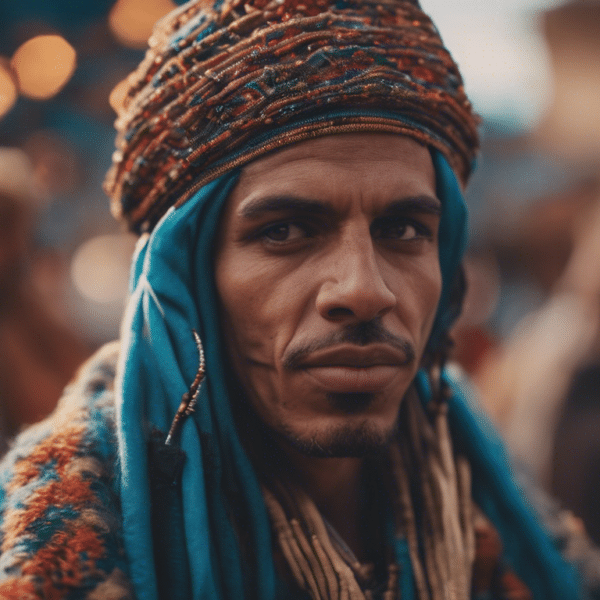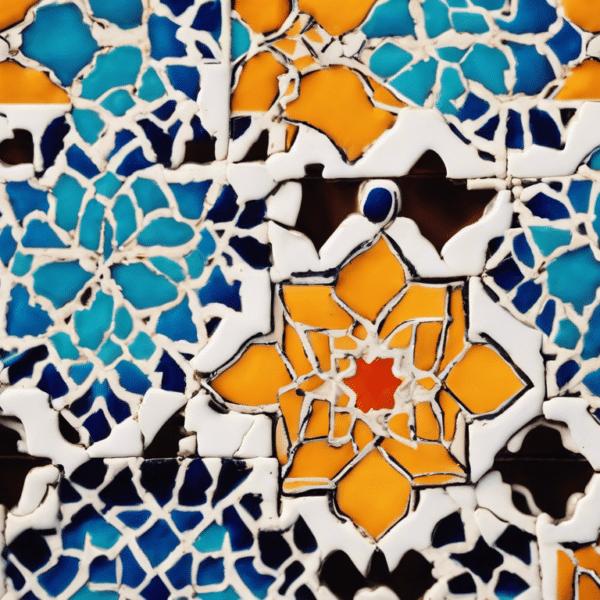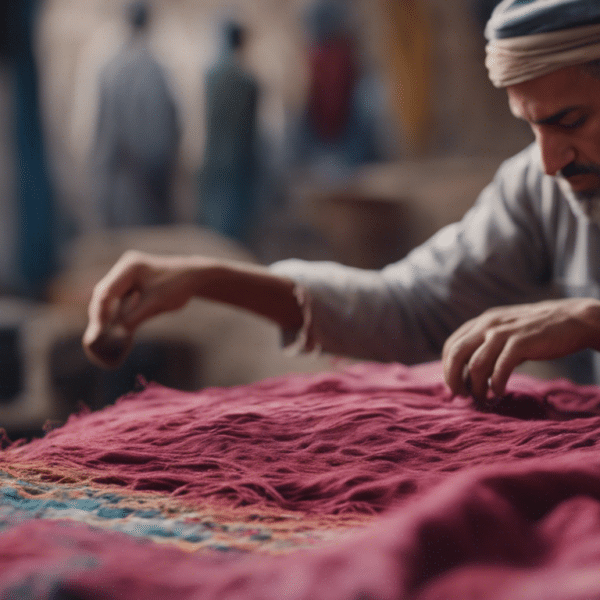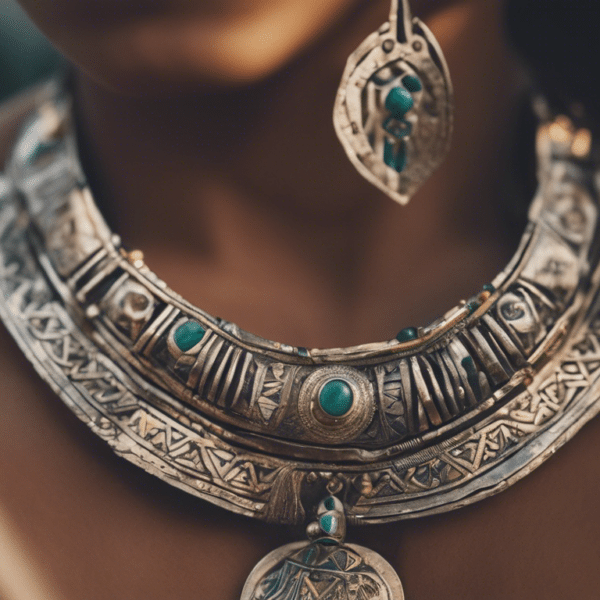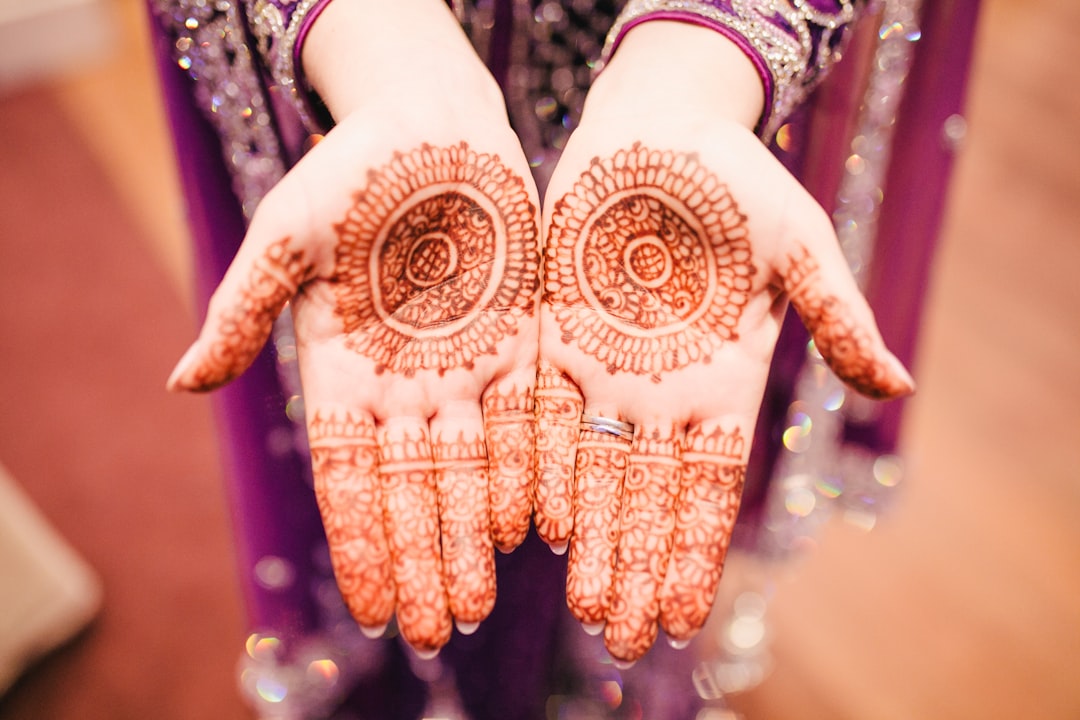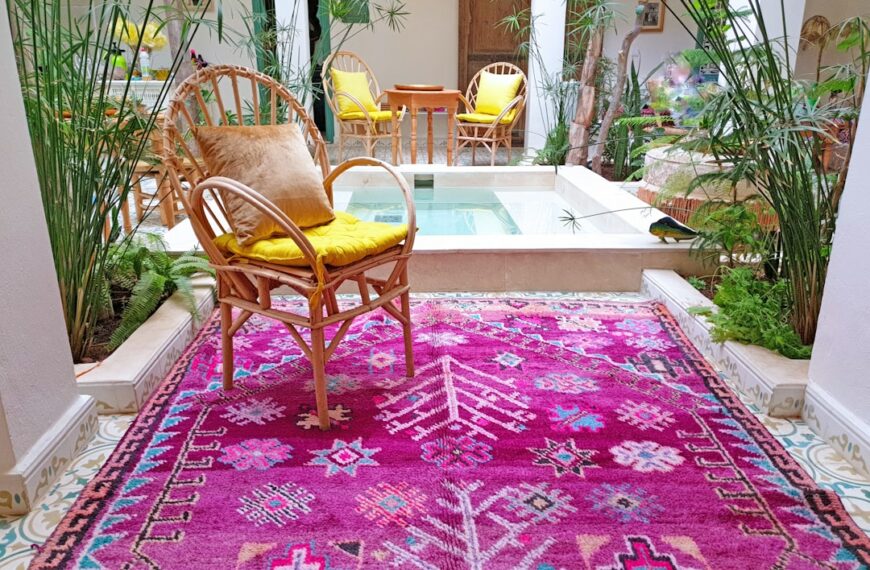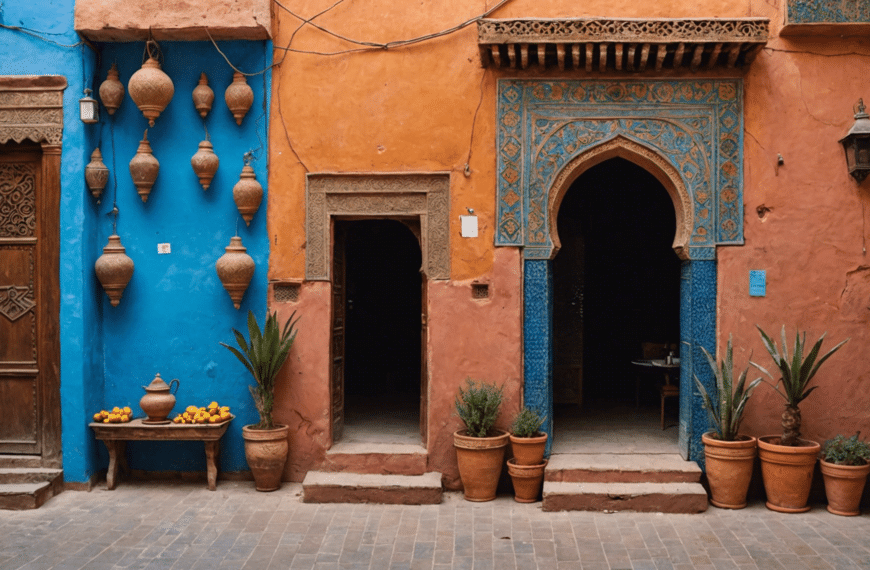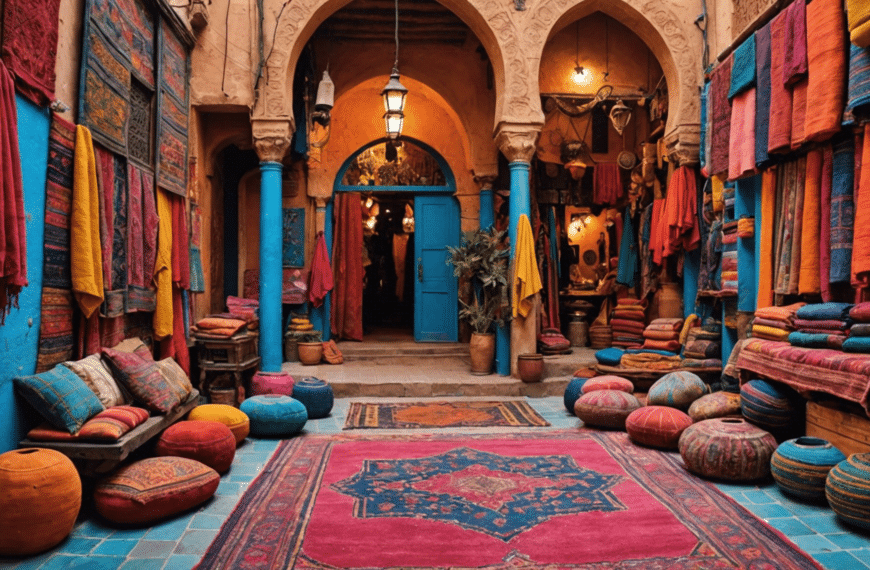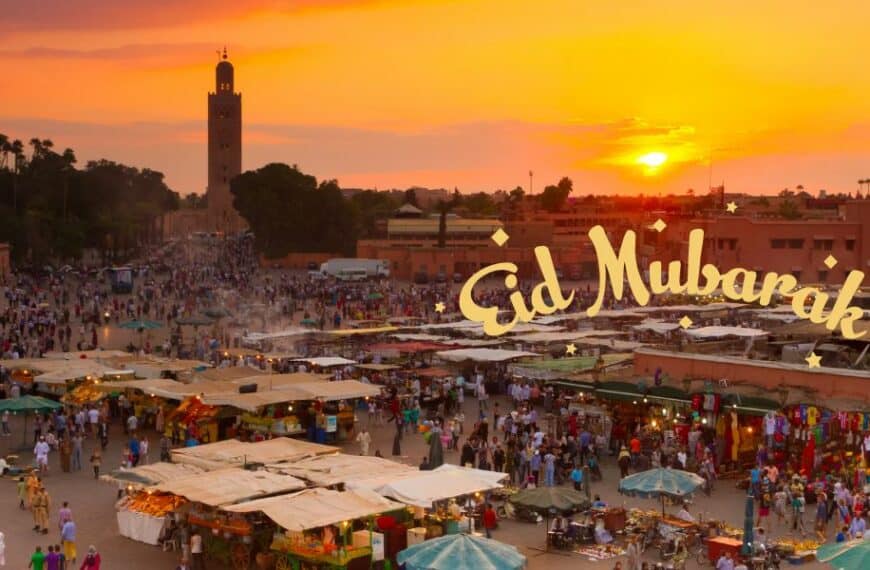In the land of swirling sands and vibrant markets, Morocco beckons travelers with tales of exceptional hospitality woven deep into its cultural tapestry. Dive into a world where every guest is royalty, and the warmth of the Moroccan people elevates hospitality to an art form. From the fragrant aroma of mint tea greeting you at every doorway to the heartfelt generosity that resides in every corner of the bustling medinas, uncover the time-honored traditions and little-known secrets that make Moroccan hospitality the gold standard for wanderers seeking the genuine spirit of welcome. Join me as we embark on a sensory journey to the heart of Morocco’s legendary kindness and discover what truly sets it apart as a sanctuary of hospitality.
Exploring the Heart of Moroccan Hospitality
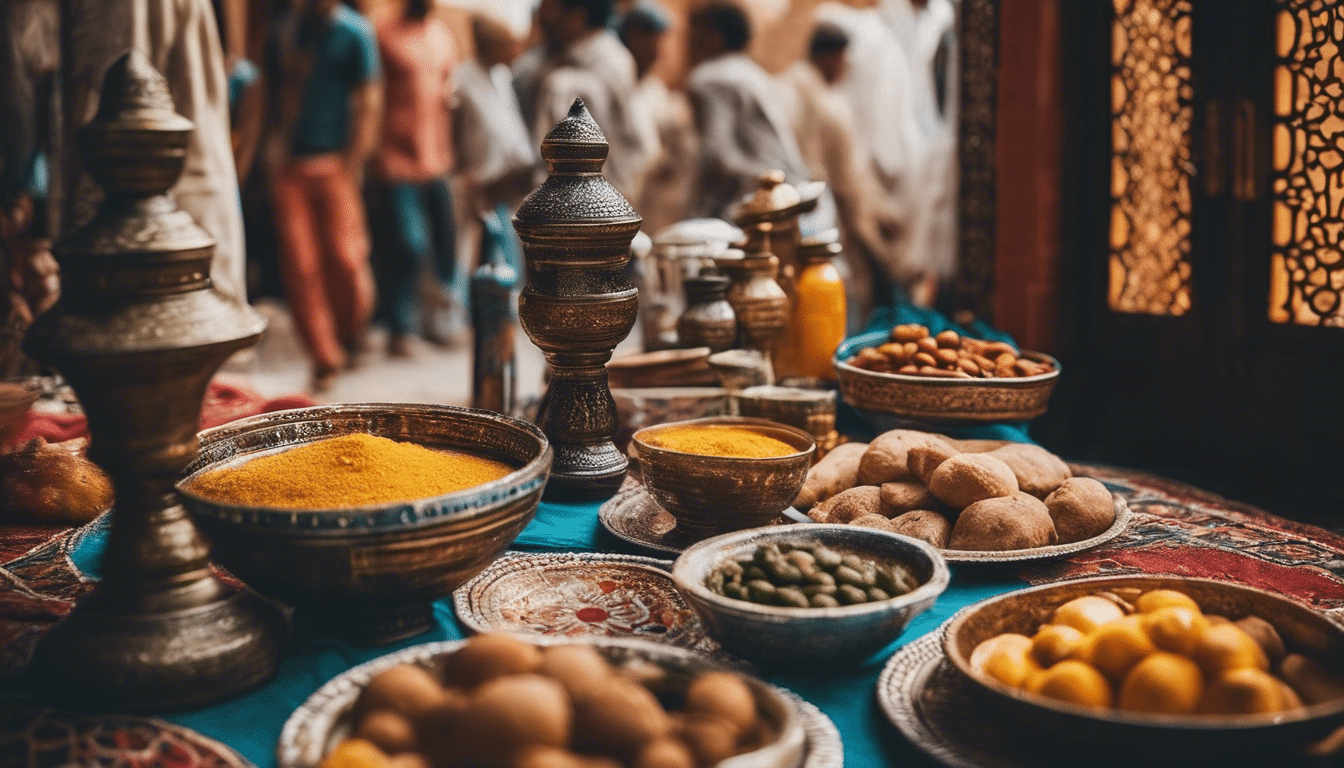
Moroccan Hospitality: Exploring the Heart of Moroccan Hospitality
Imagine stepping into a land where the warm breeze carries the scent of spices and the streets ring with the melody of vibrant cultures merging. Morocco, an oasis of hospitality, opens its arms wide to visitors, offering a peek into its heart through genuine interactions, lavish feasts, and the age-old traditions that paint everyday life here.
At the core of the Moroccan experience is the country’s unparalleled hospitality. To truly understand the depth of care and warmth showered upon guests, one must dive into the intricacies of cultural practices, the spoken and unspoken tokens of generosity that define Moroccan hospitality.
The Warm Welcome
As you traverse the bustling cities or peaceful countryside, be ready to be greeted with endearing salutations. It’s not uncommon to be welcomed into homes with open doors. This act is a silent yet eloquent expression of Moroccan hospitality, showing that for Moroccans, sharing their space is a joy rather than an obligation.
The ritual of Moroccan mint tea is a quintessential aspect of this warm welcome. The steaming pot, the meticulously arranged glasses, and the performance of pouring the tea from a height are not merely for aesthetics but a ceremonial act of respect and kindness extended to the guest.
A Feast for the Senses
In Morocco, a guest is akin to a king, and the dining table reflects this royal treatment. A diverse array of dishes, laden with the finest herbs and spices, await to indulge your palate. Couscous, tagines, and pastilla are just a glimpse into the feast that is often prepared in a guest’s honor.
One must also mention the communal aspect of dining, with shared plates fostering a sense of unity and belonging. It’s an experience that invites you to not just eat but partake in the very essence of Moroccan life.
Gift-Giving Traditions
Gifts are a subtle yet significant medium through which Moroccans communicate their hospitality. From intricate handicrafts to locally produced argan oil, the act of presenting these gifts encapsulates a tradition of generosity and respect.
Moreover, these tokens are often handcrafted, carrying with them stories of the land and the hands that shaped them. They’re not just objects; they’re slices of Moroccan heritage offered to you with pride and affection.
Unspoken Bonds
Perhaps what truly touches hearts is not what is said or given but the silent language of care that’s present in every gesture. It’s in the attentive ear of a local listening to your anecdotes, the guiding hand leading you through winding medinas, or the protective advice given to ensure your well-being. These are the unspoken threads that weave the tapestry of Moroccan hospitality.
Invitations into Moroccan Life
To be invited to a Moroccan wedding or celebration is to witness hospitality in its most beautifully chaotic form. The colors, the music, the laughter, and the connection among people come together in a symphony of joyous revelry. These experiences speak of a hospitality that’s intrinsic, a vital pulse in the Moroccan way of life.
Enduring Impressions
As you bid farewell to this mesmeric country, the memories of its hospitality linger, beckoning you to return. Moroccan hospitality is not a mere cultural facet; it’s a heartfelt invitation to experience the country’s soul. It leaves an enduring impression that continues to resonate long after the echoes of your footsteps have faded from its ancient streets.
Morocco teaches us that hospitality is an art, a shared journey that enriches both the visitor and the host. In embracing its customs and savoring each encounter, we explore the heart of Moroccan hospitality, finding ourselves forever changed by its grace and generosity.
The Warmth of Welcome in Moroccan Culture
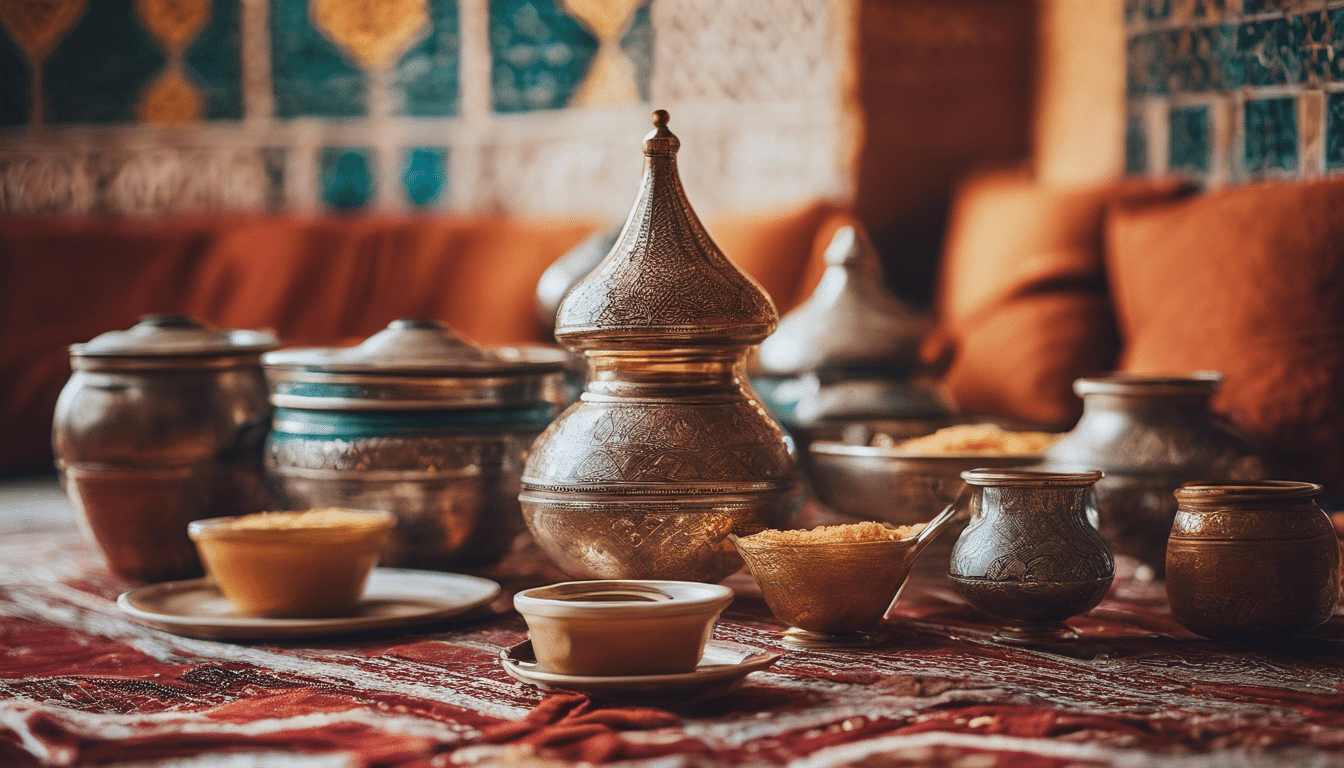
In the heart of North Africa, where the sun blesses the land with relentless warmth, mirrors the equally fervent warmth found in the hospitality of its people. The kingdom of Morocco, with a rich tapestry of cultural traditions, offers a welcome that extends beyond simple gestures to deeply rooted acts of generosity.
The concept of hospitality in Morocco transcends the boundaries of mere politeness. It forms the bedrock of social interaction, a cornerstone so integral that it shines through every aspect of Moroccan life. From bustling souks to the tranquility of a riad, the spirit of welcoming guests is omnipresent.
Morocco’s Approach to Guests
As travelers venture into the vibrant cities and serene landscapes of Morocco, they are often greeted with the famous Moroccan saying, “You are welcome,” a phrase worn with pride and spoken with pure sincerity. Moroccan hospitality is not just a courteous bow; it’s an open embrace without reservation.
Visitors are routinely astounded by the spontaneous invitations to enjoy a mint tea—a national symbol of friendship and respect. The tea ceremony itself is a ritual, a dance of flavors, and a sharing of time, symbolic of the country’s way of valuing relationships over the rush of time.
The Essence of Moroccan Generosity
At the core of Moroccan culture, generosity flows like the intricate patterns of a Zellige tile mosaic. It is expressed in every shared meal, every offered advice, and every guidance given to a lost soul in the medina’s winding alleys. No guest departs a Moroccan home without having their senses and heart subtly enriched by the encounter.
The Moroccan table is an expression of this boundless generosity. An invitation to dine is an invitation to feast. Tagines simmer with the richness of spices and handpicked herbs, offering a sensory journey of its own. A spread of Moroccan delicacies reflects the colors of the land and the bounty of its harvests.
Cultural Roots of Welcoming Traditions
Delving deeper into this welcoming culture unveils its foundations in historic and religious influences. Moroccan hospitality is deeply intertwined with Islam’s teachings, emphasizing the importance of treating guests with the highest form of respect and care. This virtue is also colored by Berber traditions, which enshrine hospitality as a sacred duty of every household.
Artisanal practices are often shared with guests, engaging them in a tapestry of traditional crafts from pottery to weaving. This is not just the sharing of skills but an offering of a cultural legacy, preserved and passed on with each knot and brushstroke.
Social Significance in Moroccan Society
In homes across the country, the act of hosting guests upholds social bonds and reaffirms communal ties. Moroccan families take immense pride in their ability to accommodate and entertain, often evaluating their social standing through this lens.
The rituals of hospitality also extend to special occasions and celebrations. Moroccan weddings, for example, are a spectacle of culture and open-hearted hospitality, with guests partaking in days of festivity, rich in custom and communal joy.
A Personal Touch in Moroccan Hospitality
There’s a personal touch to the Moroccan way of welcoming that speaks volumes. It’s the careful placement of a hand over the heart as a sign of respect, the offering of a room to a traveler in passing, or the exchange of stories under the starlit desert sky.
In every interaction lies an opportunity for a meaningful connection, a chance to learn and to be enveloped by this incredibly warm culture. It’s in these moments that Morocco unveils its true character, full of depth, kindness, and an ever-present readiness to welcome you into its fold.
In the spirit of Moroccan hospitality, let us take away more than souvenirs; let us carry in our hearts the warmth of welcome that is the very essence of Moroccan culture. For in Morocco, to be a guest is to be a friend, and friendship is a treasure as timeless as the Atlas Mountains that stand watch over this land of warmth.
Culinary Generosity: A Pillar of Moroccan Exceptionalism
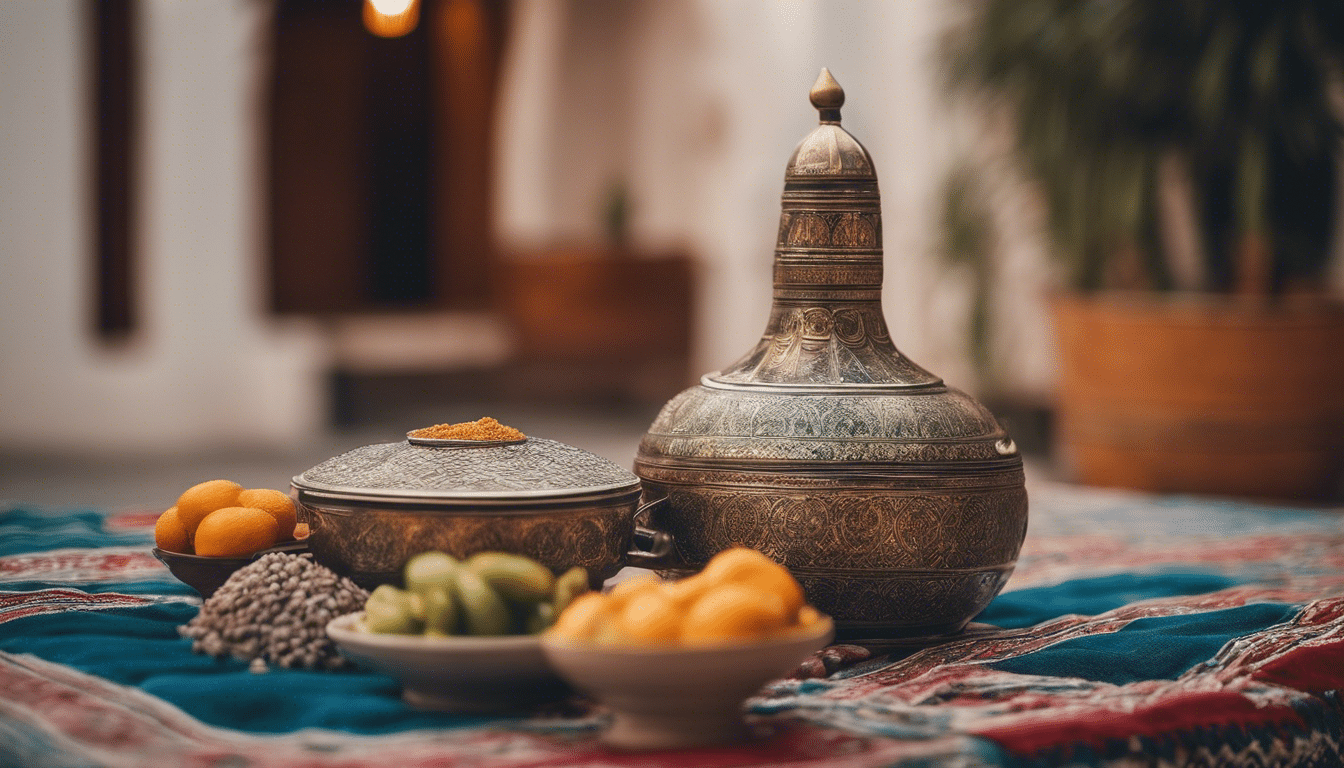
In the labyrinthine alleys of ancient medinas, amidst the sound of bustling marketplaces and the aroma of freshly ground spices, there is an open door—a silent, yet very eloquent invitation to experience the heart of Morocco. The essence of Moroccan exceptionalism is palpable in the warm welcome extended by its people, a tradition steeped in centuries of cultural richness. More than just a polite gesture, hospitality here is a way of life, an art form perfected with every pot of mint tea poured and every dish of couscous served.
The Essence of Welcome: More than Mint Tea
To truly understand the generosity of Moroccan hospitality, one must look beyond the iconic pots of mint tea that symbolize welcome. While this sweet, fragrant beverage—a mixture of green tea, fresh mint, and a generous amount of sugar—is indeed a staple, it’s merely the opening to a much more elaborate culinary symphony. Visitors are often astonished by the array of delicacies presented, which may include a variety of bread, olives, and an incredible selection of honey-drenched pastries. This first encounter sets the stage for the depth of generosity that the country holds.
A Feast for the Senses: The Moroccan Table
Moroccan cuisine is a feast that engages all senses, and at the heart is the tagine, a slow-cooked stew that harmonizes savory meats, succulent vegetables, and a symphony of spices, served in the earthenware pot it’s named after. But the allure doesn’t stop there — the Moroccan table is a mosaic of flavors and textures, designed to be shared communally, further entrenching the values of togetherness and community.
– Succulent Meats and Fresh Vegetables
– Savory Pastillas and Flaky Breads
– Sweet Baklava and Honey-Infused Desserts
– Nutritious Couscous with Seven Vegetables
The dishes not only reflect the rich biodiversity of Morocco’s landscapes but also the heartstrings of the hosts, who often consider it an honor to have guests partake in their culinary creations.
The Rituals That Bind: Eating as a Cultural Experience
Within the Moroccan household, mealtime is not just about eating; it’s a curated experience that upholds values, traditions, and familial bonds. Communal eating signifies unity, and rituals like the washing of hands before a meal or offering the best morsels to guests embody respect and care. Additionally, the masterful storytelling that often accompanies these gatherings is not merely for entertainment — it’s a cherished means of imparting wisdom and preserving history.
Globally Acknowledged: The Fame of Moroccan Gastronomy
The global recognition of Moroccan hospitality extends far beyond its borders. Culinary experts and food connoisseurs from around the world flock to Morocco to capture the essence of its kitchen secrets, whether it’s learning the intricate balance of spices or the patience required in the slow cooking process. Each recipe is a testament to the country’s history of trade, cultural exchanges, and a deep sense of pride in local ingredients and methods.
Preserving Traditions: Sustaining Moroccan Culinary Generosity
The future of Moroccan hospitality seems as vibrant as its past. Techniques and family recipes are handed down from generation to generation, and government initiatives are encouraging the sustainability of traditional culinary practices. This comes along with a collective consciousness to sustain and cultivate local crops and the protection of geographical indications, ensuring that the authentic taste of Morocco continues to be a staple in homes and restaurants alike.
The hospitality of Morocco, showcased through its culinary generosity, is indeed a pillar of its exceptionalism. It is an experience that stays with a visitor long after the last bite of almond pastry has been savored, echoing the sentiment that to dine with a Moroccan family is to become a part of their extended kin. Embraced by a potpourri of flavors and the warmth of its people, one understands that hospitality here is not just an act of service, but a celebration of life’s shared journey.

